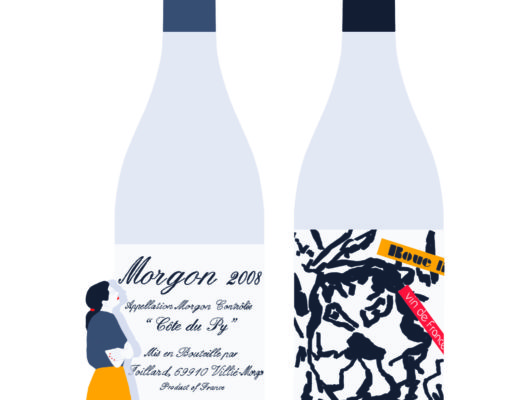I’m fascinated by identity. Its formation, its nuances and its complexities. This is mostly because of a course I took in grad school aptly called Identity Formation in a Transnational World. I really enjoyed conducting my research for this class and am still extremely interested in how individuals who have lived in multiple cultures construct their sense of self. A friend of mine recently told me more about her multi-cultural heritage and how she refutes the idea that one’s location and environment directly influence their identity. I found her story to be both intriguing and saddening but definitely worth sharing.
So who the hell are you anyways?
Building an identity without a home country and blood-relatives who hate you
This piece was originally going to explain how certain life experiences had shaped my identity into what it is today. A few discussions with friends down the way, I realised that giving the quick and dirty explanation was not satisfactory, didn’t sound right.
Let me start with an opening remark. I am pretty sure of who and what I am. While I’m sometimes hard pressed to explain it to others, deep down, there never is any doubt. As for home, it happens to be wherever my parents, wardrobe and washing machine reside.
The construction of my identity starts long before my birth, with my parents. Both are expatriates, my mother even changed nationalities during her life and like them, I am a bit of a “serial migrant” (this is apparently the academic term for it). My parents made nice lives for themselves everywhere they traveled and even now, their friends from abroad keep in touch, exchanging news, greetings and occasionally visits.
People define their identities by their roots or, like a statue, something solid. Mine is more like a suitcase or an art installation. Every item is there for a reason and represents something (to me at least), and I know what I leave at home.
My mother was stranded in France due to civil war in her country of birth, at the end of her higher education. Left with no other alternative than to get on with her enforced new life, she left behind the life she knew didn’t exist anymore and fully integrated herself into her new environment. I was thus raised in a Franco-Anglo-Saxon household with little thought towards a culture that I would never be required to live in. My mother didn’t believe in teaching me unnecessary things. It comes as a shock to many people when they hear about my family origins to also hear that I neither speak the language nor do I ever plan to visit her country of birth. Any interest I have about the country doesn’t go beyond a touristic curiosity as I have for any other country I’ve never been to.
I am sometimes surprised by the vehemence of the response to this, as if I was somehow threatening the very identity of the questioner by rejecting “my own family”. As a child, I wondered why I never had any cousins to play with, or why we never received visits from “the family”. The answer came to me shortly after my 11th birthday, when my mother’s sister visited and, upon seeing me climb on my father’s lap, commented about the “half-breed’s” lack of manners. Once I learned that this was how I was referred to, it made it easy to understand why we were never invited to family gatherings and if we were, I was treated like an ignorant stranger.
The very last time I saw them, at my mother’s funeral, I received more criticism for not knowing the funerary rites of their culture than condolences for my loss. Seeing her coffin lowered into the crematorium, I knew that any ties I had with these people were broken, just as easily as the silence was broken by the shrill rings of their cell phones during the ceremony.
Another “item” I leave at home is what happened to me at school. Until I was about 13, I was bullied heavily by other kids, their parents and the school’s faculty (when they could get away with it under the guise of “education”). It ranged from hair-pulling to fights, to excess punishment -I was once made to stand outside in the rain for half an hour for making noise, down to racial slurs about how I was stealing bread of the mouths of deserving French people.
At a time when identity is constructed around the groups you belong to, I belonged nowhere. Even the misfits didn’t want me, lest the bullies turn their eyes on them. Rejected by a culture that my mother was trying to teach me was my own, I identified with Anglo-Saxon culture, which seemed both harmless -books and tapes don’t beat you up or call you names – and the stuff of happiness – because whenever we went back to the States or to the UK, I was treated normally by others. That’s where I also learned that one shouldn’t go down without a fight. What a fight it was. It lasted six months, a verbally violent time that ended with my self-respect intact, an expulsion slip that the school later rescinded and a new school where I was taught the social skills that I was unsurprisingly lacking.
Each of my experiences, good and bad, make for a piece of my “travel kit”, who I am. Some items are old and worn out in places, others you wouldn’t show in public and I might have even left things aside that I could have needed. But everything that I need to keep moving forward and live a “good” life wherever I am, is there. And that’s the main thing.
We all have stories about our families and our past that not only contribute to who we are but how we feel in our own skin.Happy as she is now, my friend embodies strength and resilience and I’m thankful she was willing to share her story.











